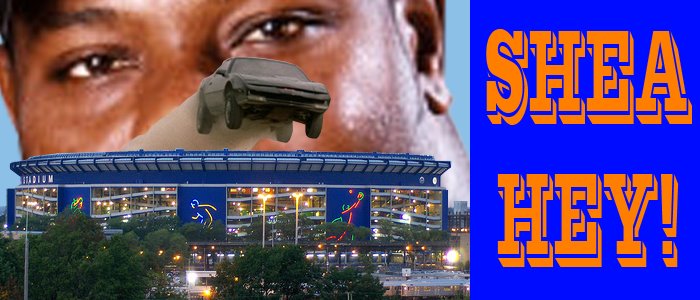Wednesday, June 25, 2008
Juneau What I'm Sayin? Myanmar Learns a Lesson In Politricks
The New York Times published a browbeating article yesterday about the new capitol city of Myanmar, Naypyidaw. Myanmar's former capitol was Yangon, a city of 6 million which lies near the coast of the Bay of Bengal. The new capitol, built in secret and unveiled in 2005, lies some 500 miles north deep in rural, impovershed, farmland; far removed from prying eyes to further entrench the power of the military, which has ruled the country since a coup in 1962. Impenetrable to all, save perhaps Rambo.
The Times sums up its view of the situation thusly, "…the transfer of the entire bureaucracy to this relatively remote location, where malaria is still endemic and cellphones do not work, has drained the country’s finances and widened the gulf between the rulers and the ruled."
We in the West could leave it at that, shaking our heads and "tsk-tsking" at this latest move away from any semblance of an open or democratic government. Except, really, is the military junta's decision to move deeper into seclusion and secrecy all that different from America's decision to move our capitol to D.C. or where our states have chosen to place their capitol Or, to paraphrase a great 1980's anti-drug ad, "I learned it from watching you dad!"
In one of the early victories for Jeffersonian rural/agrarian philosophy over Hamilton's urban/finance philosophy, the two agreed to move our young nation's capitol to what would become Washington, D.C., then sparsely populated swamp land, in exchange for the Federal Government's assumption of the states' war debt.
Almost all of our major states have their capitol cities deep in the sticks, Sacramento, California; Austin, Texas; Tallahassee, Florida; Albany, New York; Springfield, Illinois; Harrisburg, Pennsylvania. And Juneau, Alaska takes the cake; you can only get there via plane or boat.
Under our federalist system it is the states that exert far more influence over vital issues such as education, transportation, and crime, yet our state lawmakers, mostly anonymous themselves due to a lethargic voting public, get to conduct their, I mean our, business in complete anonymity. Maybe they are so anonymous because they are so far removed from the daily lives of the majority of the people they serve.
Take our great state, New York. More than half the state lives in the NYC metro area (NYC, Nassau, Suffolk and Westchester), yet our leaders conduct their business far from prying eyes in Albany. The only true check on government is the Fourth Estate, the press, and while New York City's papers all have correspondents up there, the majority of their resources and focus are maintained down here.
The counter-argument is that state legislators need to conduct their work in peace and quiet, away from the hum-and-drum and shady influences of city life. Nor can they over-react to what seem like the daily crisises and quickly-built public clamor that go along with urban living. Of course, similar logic lies behind the creation of innumerable state authorities, which are quasi-governmental agencies that act independently of oversight through their boards because their business is too important to be entangled with everyday politics. The most prominent example of such a state authority is the Metropolitan Transportation Authority. Immune from any real oversight or direction over its decisions at the state and city level, the MTA is run largely by multimillionaire board members who, despite not using public transportation themselves, get to decide how our system is run.
Transparency is essential to a well-functioning government, or as Steve Martin put it, “A day without sunshine is like, you know, night.”
Subscribe to:
Post Comments (Atom)




No comments:
Post a Comment